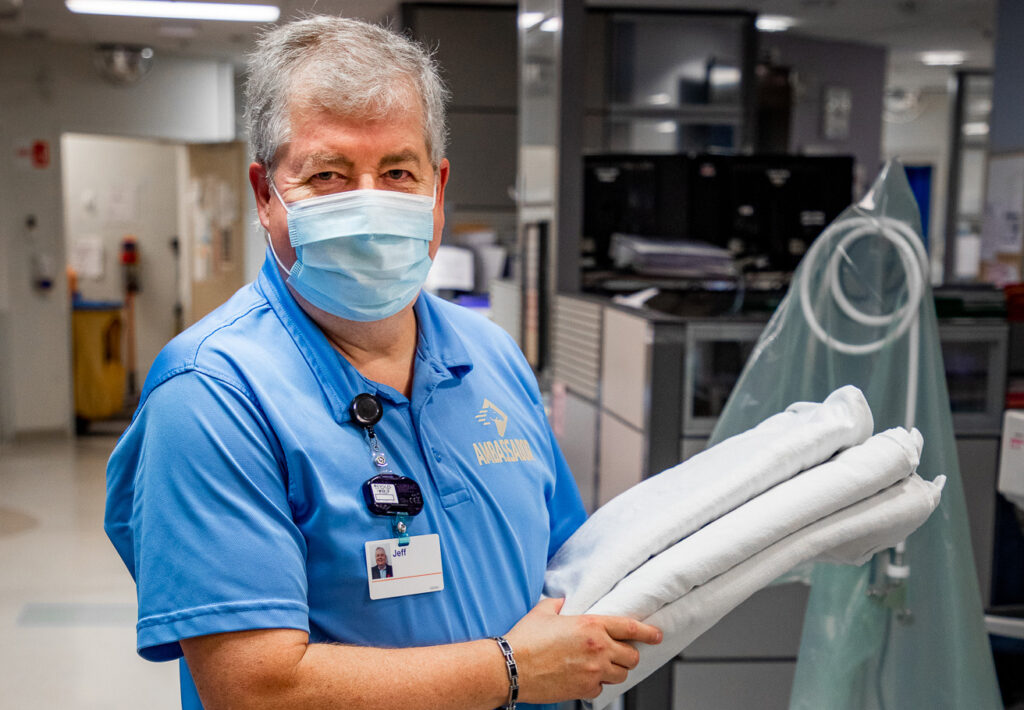Every fall and winter, the flu is a hot topic, with a push for people to protect themselves, but what really is the flu?
What is the flu?
The flu is a respiratory illness caused by the Influenza virus. Symptoms include fever, cough, headache, general fatigue and a runny or stuffy nose, lasting about one to two weeks.
The flu is not the same as the stomach flu or the common cold. The stomach flu is a gastrointestinal virus (affecting the stomach and intestines), which lasts a day or two on average. The cold is a milder respiratory illness, often caused by Rhinoviruses.
How do I avoid getting and spreading the flu?
Protecting yourself and others from getting influenza this season is easy with a few simple steps:
- Get vaccinated: Getting your flu shot and getting it early is one of the best ways to avoid catching the flu or passing it along to anyone else. A high strength vaccine is available for older adults, who are more at risk of catching the flu, and developing complications as a result.
- Wash your hands: We touch hundreds of items and surfaces each and every day, and proper hand washing helps to prevent picking up any bacteria or viruses that may make you sick.
- Cough or sneeze into your elbow: This will help to control the spread of germs by preventing them from being transferred through the air or on your hands.
Where can I get my flu shot?
The flu shot is available for free each year for those who study, work or live in Ontario at a variety of locations:
- Your family doctor or nurse practitioner
- A walk-in clinic
- Participating local pharmacies
- Your local public health unit
If you have a child over six months old, but under five years old, or if you want the high dose vaccine, visit your family doctor, nurse practitioner, or your local public health unit.
When should I see a doctor?
If you have the flu, often the best course of action is rest and relaxation at home, but there are cases where you should see a doctor. Young children, older adults and those with immunodeficiency are at risk of the flu becoming dangerous, and should see their doctors immediately. Call your doctor if you have trouble breathing, your have a fever of over 103 degrees Fahrenheit for over two hours, or your symptoms last over two weeks.


